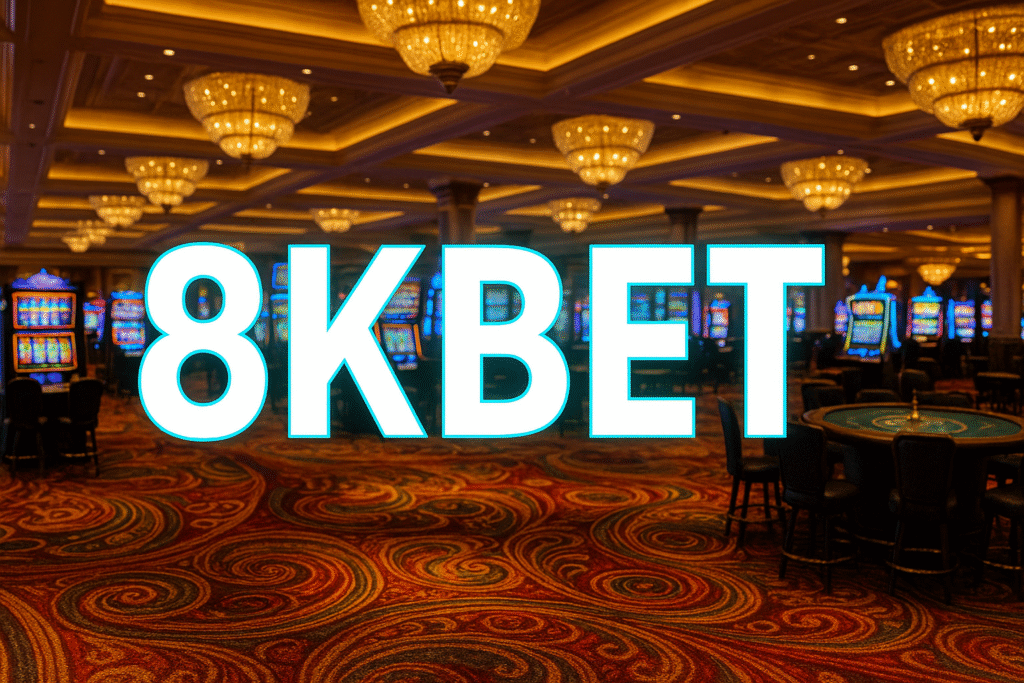
Casino games are more than just chance and entertainment—they are carefully designed to engage players both mentally and emotionally. Platforms like 8kbet understand how important psychological factors are in creating a memorable gaming experience. Whether it’s the anticipation of a spin or the thrill of a near win casino games are crafted to stimulate the brain and keep players coming back.
One of the most powerful psychological tools used in casino design is the concept of variable rewards. This means that players receive unpredictable payouts which keeps them engaged. The human brain is wired to enjoy uncertainty when it comes with potential rewards. Each spin of the slot machine or turn of the card could lead to a win and this possibility activates the brain’s reward center much like other pleasurable activities.
Another important element is the use of sound and visuals. Slot machines and digital games use vibrant colors flashing lights and catchy sound effects to create an exciting atmosphere. These sensory cues are not just for aesthetics—they trigger emotional responses. The sound of coins dropping or celebratory music after a win can cause a burst of excitement reinforcing the behavior and encouraging continued play.
Near misses are also a powerful psychological trigger. When a player comes close to winning but just misses out the brain reacts almost as if a win occurred. This response increases the urge to try again. Game developers often use this to their advantage especially in slot machines where symbols can align closely but fall just short of a jackpot.
The illusion of control is another factor at play. Even in games of chance players often feel that they have some influence over the outcome. In card games players make strategic choices which can genuinely affect the result. However in games like roulette or slots players may believe their actions timing or patterns impact the outcome even when they do not. This perceived control adds to the engagement and prolongs gameplay.
Casinos also use progression systems to tap into goal-setting behavior. Players are encouraged to reach the next level earn loyalty points or unlock achievements. These systems give a sense of purpose and direction making the experience more than just random play. This is similar to how video games keep players engaged for long periods.
Social interaction also plays a key role in player psychology. Many online platforms include live chat features leaderboards or multiplayer games that allow users to connect with others. This sense of community enhances enjoyment and can lead to longer gaming sessions. Friendly competition and shared experiences make players feel like they are part of something bigger than themselves.
Bonuses and promotions appeal to the psychological principle of loss aversion. Players are more motivated to act when they feel they might miss out on a special offer. Limited-time bonuses free spins or cashback deals create urgency and encourage users to engage more frequently with the platform.
Responsible gaming tools are becoming increasingly important as awareness grows about the psychological impact of gambling. Time limits self-exclusion options and deposit caps help players manage their habits. These features show that the industry is evolving to support mental well-being alongside entertainment.
In conclusion the psychology behind casino games is a blend of neuroscience design and marketing. Every element from sound and visuals to reward structures is carefully crafted to create a compelling and immersive experience. Understanding these principles can help players make more informed choices and enjoy the thrill of gaming in a healthy and balanced way.